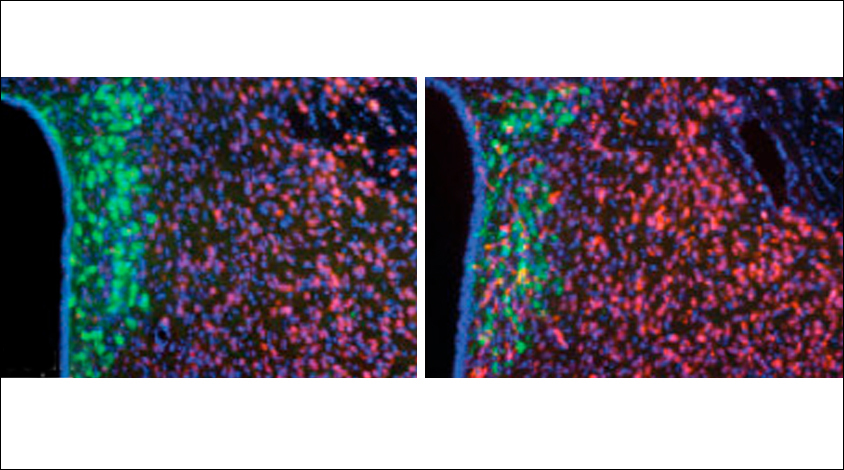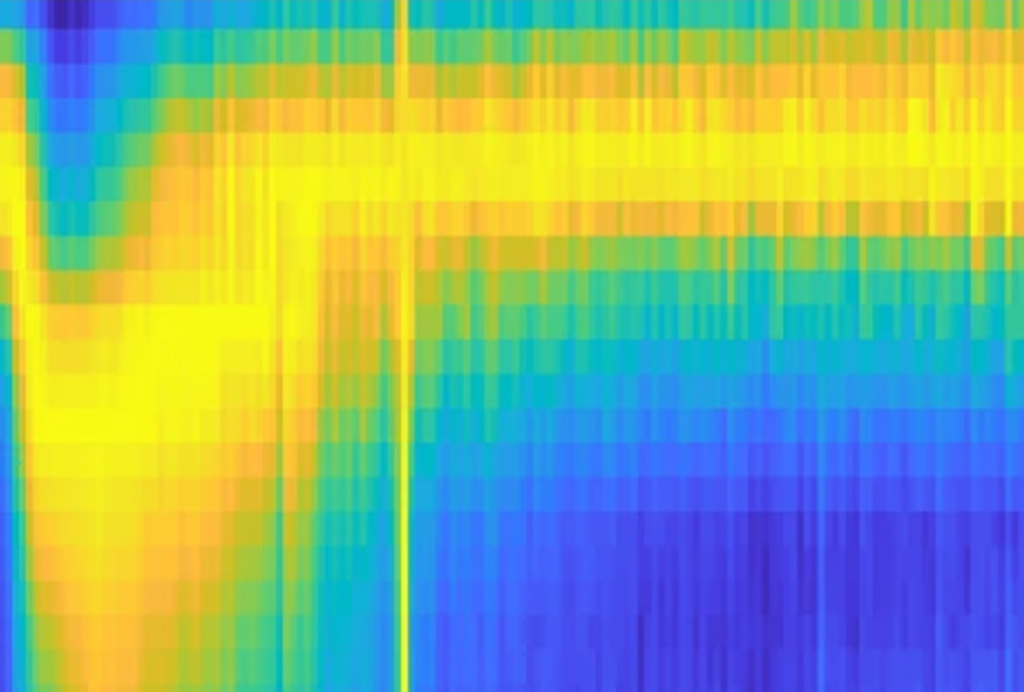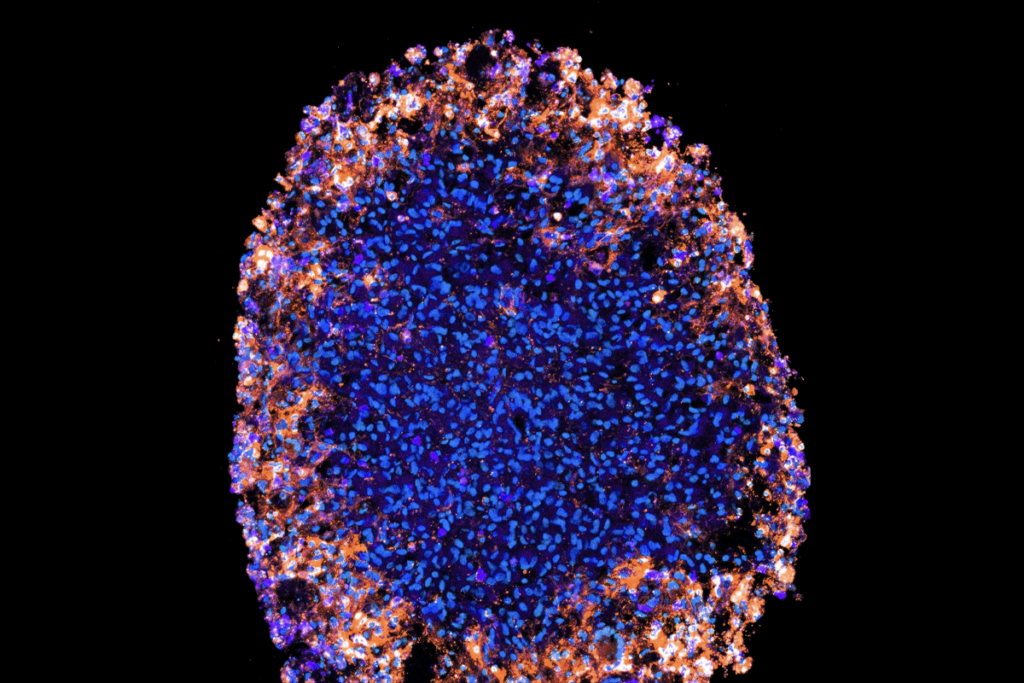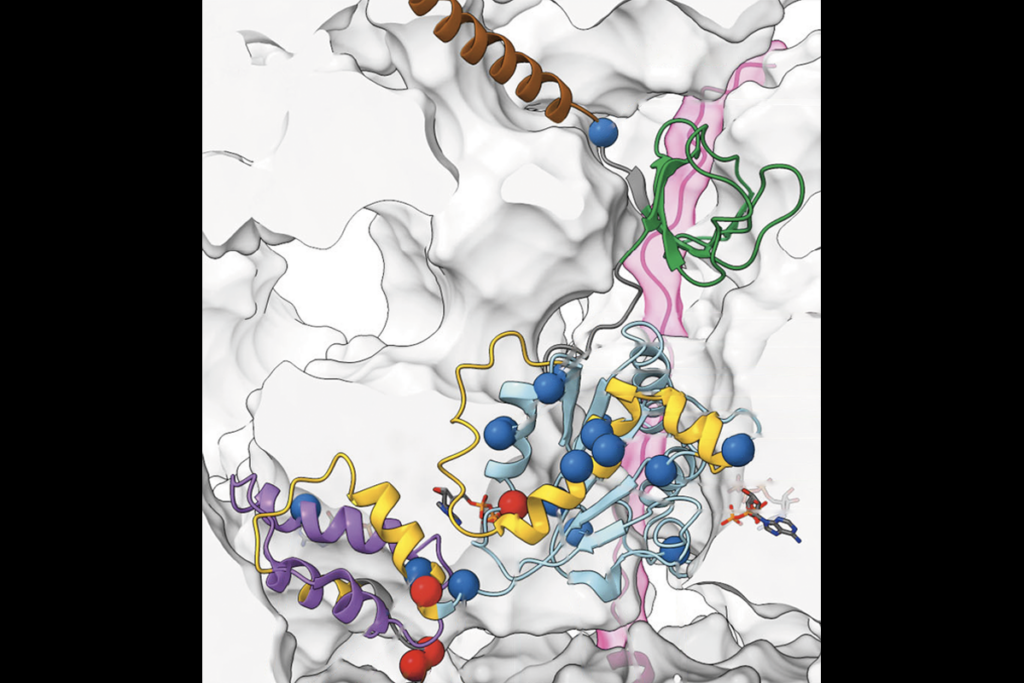
Maternal obesity alters gut bacteria, behavior in mice
Mice born to obese mothers have irregular microbiomes, brain abnormalities and autism features.
Mice born to obese mothers have irregular microbiomes — communities of bacteria that live inside the gut. They also have brain abnormalities, social problems and repetitive behaviors. Populating the gut with some of the bacteria they lack reverses these features.
The findings, published in the June issue of Cell and presented today at the 2016 Society for Neuroscience annual meeting in San Diego, connect maternal obesity to an altered microbiome — both of which are implicated in autism.
“Maternal high-fat-diet-induced changes in the microbiome can negatively impact social behaviors,” says Shelly Buffington, postdoctoral researcher in Mauro Costa-Mattioli’s lab at Baylor College of Medicine in Houston, who presented the work. Restoring normal levels of certain bacteria may ease autism features in people with the condition, Buffington says.
Studies have shown that obese women are 1.6 times more likely than those with healthy weights to have a child with autism. In the new work, Buffington and her colleagues fed female mice a high-fat diet for eight weeks to make them obese. They then bred the mice and studied their pups.
When the mice are four weeks old, those born to obese mothers spend less time interacting with another mouse than those born to normal-weight mothers, the researchers found. They also spend more time burying marbles in their cages — a feature akin to the repetitive behaviors seen in autism.
Gut check:
In addition, mice born to obese mothers have unusually low levels of the chemical messenger oxytocin in neurons that make up a brain circuit involved in reward. These neurons also fire less than they do in typical mice when the animals interact with a mouse they have never met.
“This suggests to us that maternal high-fat-diet mice do not perceive social interaction as rewarding,” says Buffington.
Mice in the maternal obesity group have fewer types of gut bacteria than controls do, and in smaller numbers. One strain of bacteria, called Lactobacillus reuteri, is almost absent: It is ninefold less prevalent than it is in controls.
Giving the mice Lactobacillus reuteri in their water normalizes oxytocin levels and neuron signaling, the researchers found. It also eases social problems, but not repetitive behaviors.
An inactivated version of Lactobacillus reuteri has no effect on the brain or behavior, the scientists reported. “These data suggest that the microbiome changes are causative in the behavioral abnormalities,” Buffington says. “Lactobacillus reuteri may hold therapeutic potential for alleviating some behavioral symptoms associated with neurodevelopmental disorders.”
The researchers are looking into how changes in the microbiome lead to behavioral problems in mice.
For more reports from the 2016 Society for Neuroscience annual meeting, please click here.
Recommended reading

Among brain changes studied in autism, spotlight shifts to subcortex
Home makeover helps rats better express themselves: Q&A with Raven Hickson and Peter Kind
Explore more from The Transmitter

Dispute erupts over universal cortical brain-wave claim
Waves of calcium activity dictate eye structure in flies

